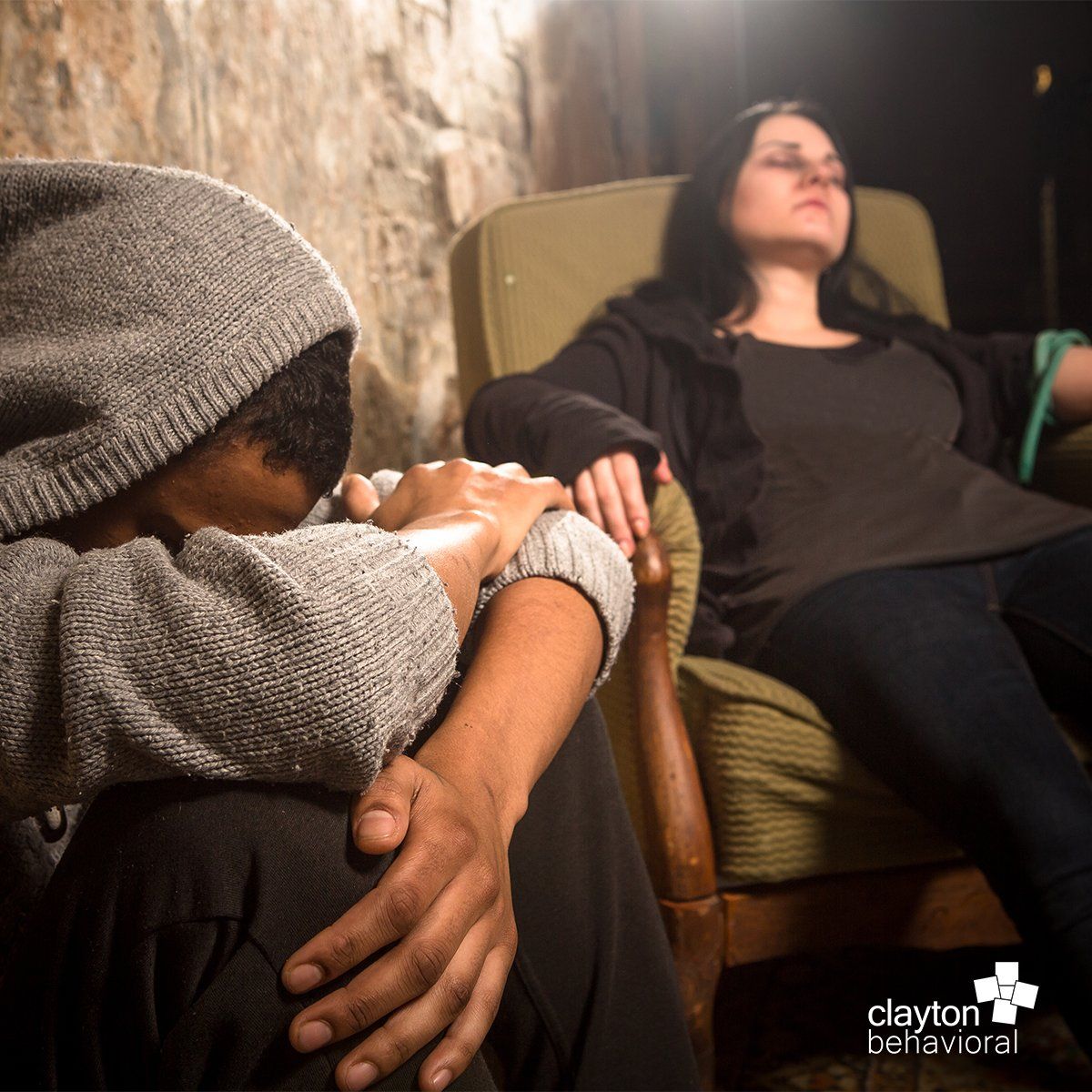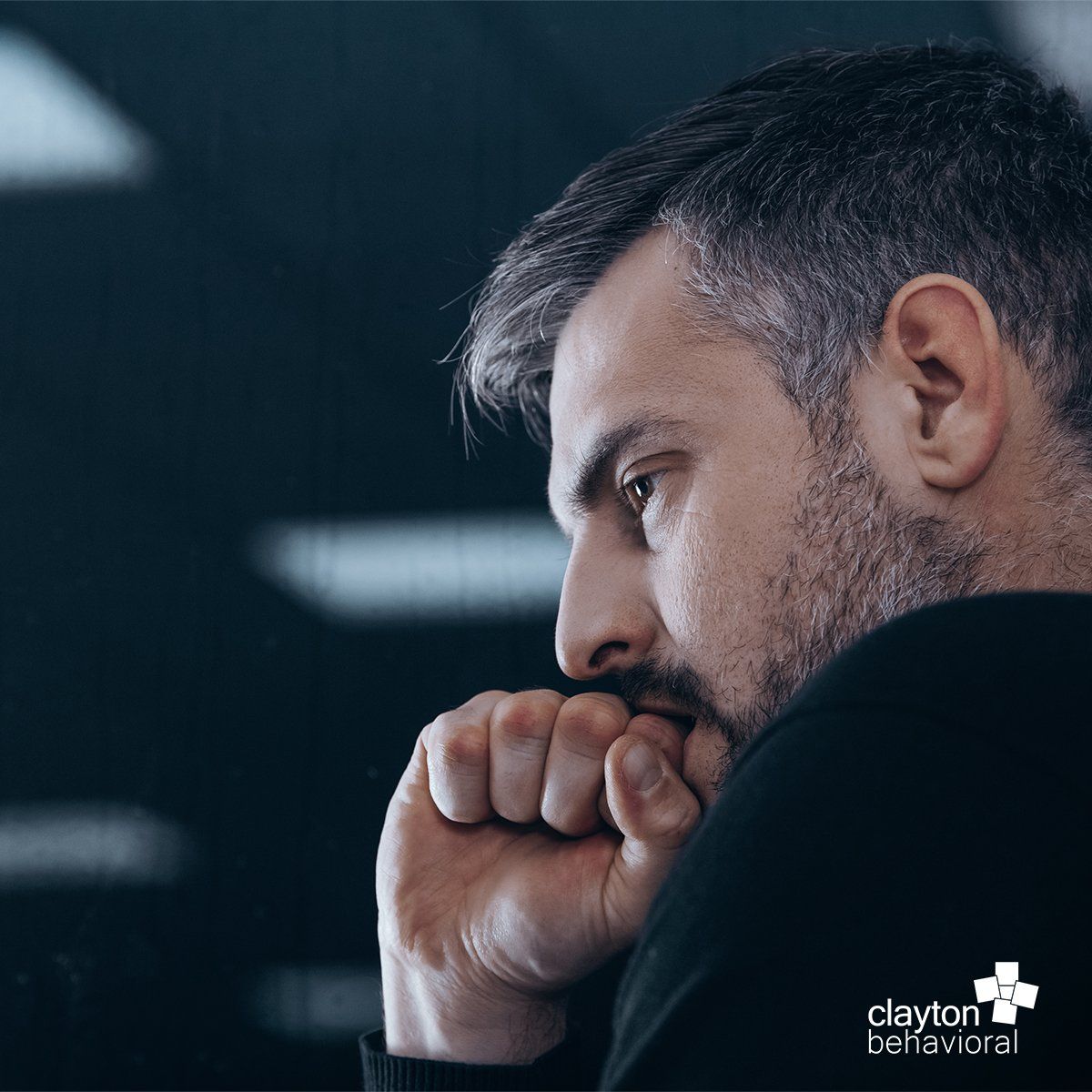Why Have Opioid Overdoses Drastically Decreased in Dayton, Ohio?

The decline in opioid overdose deaths in the Midwestern city of Dayton, Ohio caught the attention of The New York Times last November. The publication ran an article discussing how the city pulled it off in the midst of the nation’s opioid epidemic, which the current presidential administration has deemed a public health emergency.
Dayton once had one of the highest rates of overdose deaths in the country. The Dayton/Montgomery County Public Health Department reported a total of 566 opioid overdose deaths in 2017. By the end of 2018, that number was cut in half , as the Public Health Department reported 294 opioid overdose deaths from the past year.
What could have accounted for such a drastic change? There are a few ways Dayton has treated the issue differently than the rest of the country. This has been primarily done through tandem efforts between the city’s public health department, law enforcement and policymakers to address the problem with programming and resources to help addicts.
Public Health Initiatives and Medicaid Expansion in Ohio
While Dayton has adopted an approach that utilizes several strategies to treat and prevent opioid addiction, one of the most obvious explanations for the decrease in opioid overdoses is the state’s decision to expand Medicaid.
The expansion drastically lowered financial barriers to treatment for lower-income residents, providing them with free or highly-reduced addiction and mental health services. According to a report by state auditor Dave Yost , Ohio has invested heavily in treatment for persons with addiction, giving many people access to medical care they wouldn’t otherwise receive.
Dayton has also devoted resources to public health initiatives like the GROW program (Getting Recovery Options Working), which is comprised of a team of social workers, EMT’s and police officers who follow up with patients who have been revived with Narcan. They also help connect them to treatment programs, 12-step recovery meetings and mental health services.
The city also has a robust Syringe Services Program , which allows persons who use drugs intravenously to switch out used needles for clean ones. It also provides free HIV and Hepatitis-C testing, pregnancy testing, wound care, and more. While dissidents presume this kind of programming encourages drug abuse, research shows that needle exchanges can save lives.
Findings from a five-year study published by the American Journal of Public Health in October 2018, discovered that “increasing naloxone availability, promoting needle exchange, expanding medication-assisted addiction treatment, and increasing psychosocial treatment increased life years and quality-adjusted life years and reduced deaths.”
Increasing the Availability of Narcan
Many public health efforts across the country have also resolved to create fast and easy public access to the drug naloxone , or Narcan, a drug that can be administered via nasal spray or injection to reverse the effects of an opioid overdose if performed quickly enough. Dayton has taken it a step further.
The Ohio Department of Health partnered with Project DAWN (Deaths Avoided With Naloxone) and distributed 3,303 naloxone kits in 2017, as well as 248 refills. Dayton Police Department Chief Richard Biehl also authorized officers to carry Narcan, which decreased the number of fatal opioid overdoses in the region.
While the opioid crisis is far from over, Dayton is an example of what future solutions could look like nationwide. It starts with a collaborative effort across law enforcement, public health programs and policy to ensure a fully-effective approach to handling addiction.
How We Can Help
Clayton Behavioral provides intensive outpatient addiction programs ranging from six weeks to six months. We also offer safe medical detoxification, psychiatric assessment and treatment, psychotherapy for anxiety, depression, and other co-occurring mental health problems and continued care and support groups to facilitate long-term recovery.
If you think you or someone you know may be affected by alcoholism or drug addiction, please contact us for a confidential individual or family consultation at 314-222-5830. You can also visit our website or send us an email for more information.

Contact Us
9890 Clayton Rd, Suite 100
St. Louis, MO 63124
Annex
9904 Clayton Road, Suite 135
St. Louis, MO 63124








